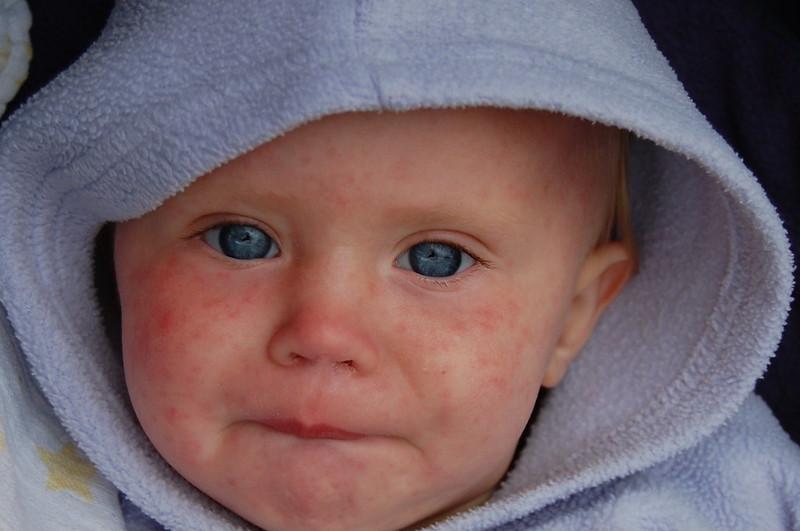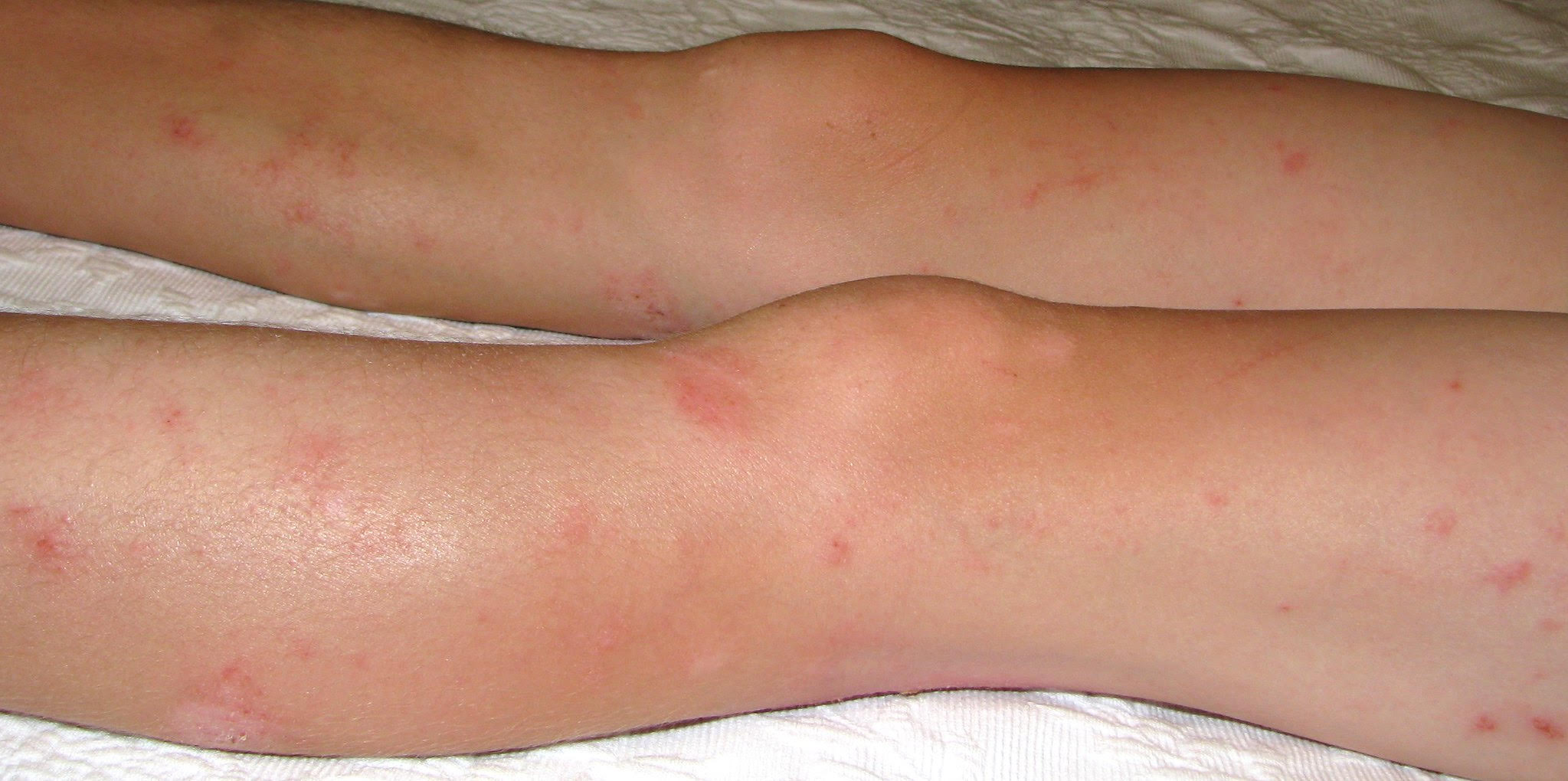
Arizona and Utah reported an increase in measles case counts today, as did South Carolina, according to state dashboards.
The outbreak that straddles the Utah-Arizona border has now grown to 182 cases, and is the second largest measles outbreak this year following the West Texas outbreak, which sickened at least 762 people, with three deaths.
Arizona has 128 measles cases, 17 more than last week, with 124 cases in Mohave County. The state reported its first measles cases in June.
Mohave County is home to Colorado City, which has been the epicenter of measles activity during this outbreak, along with neighboring Hildale, Utah, which is in southwest Utah.
The Utah Department of Health & Human Services said there were now 74 measles cases in the state, with 58 in southwest Utah, seven more than last week.
South Carolina tracks 8 new cases
The Upstate outbreak in South Carolina also grew, with eight more cases reported by the South Carolina Department of Public Health today. The state total is now 46.
Six of the eight new patients are household members of previously identified patients. All new patients are in quarantine.
Two cases, however, occurred within the same household, but the source of infection is unknown.
We encourage people to get vaccinated now to prevent measles from disrupting your holiday plans.
"The unidentified source of the two new cases reinforces our concern about potential ongoing community transmission, and we are reminding people that travel for the upcoming holidays increases the risk of exposures greatly for those traveling and for those accepting visitors," officials said. "We encourage people to get vaccinated now to prevent measles from disrupting your holiday plans."











